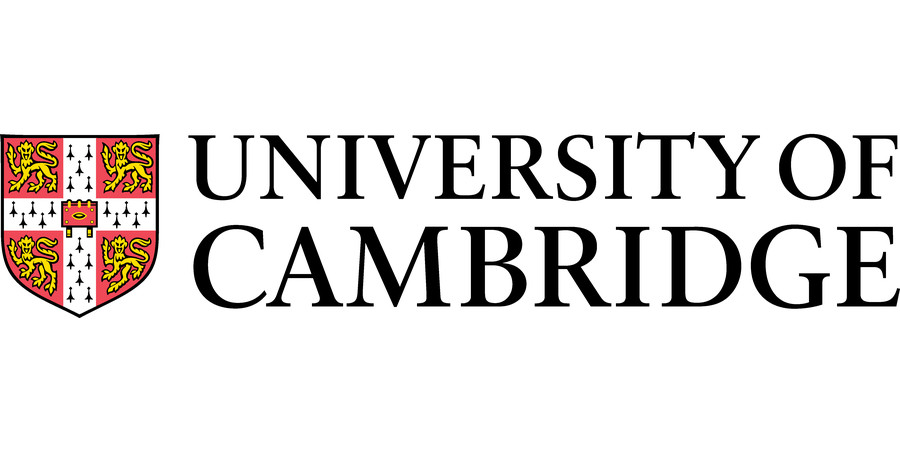Research Associate in Developmental Systems Biology (Fixed Term)
University of Cambridge - Department of Genetics
| Location: | Cambridge |
|---|---|
| Salary: | £37,174 to £45,413 |
| Hours: | Full Time |
| Contract Type: | Fixed-Term/Contract |
| Placed On: | 2nd May 2025 |
|---|---|
| Closes: | 18th May 2025 |
| Job Ref: | PC45880 |
Applications are invited for a Postdoctoral Research Associate position in the group of Dr Erik Clark at the Department of Genetics in central Cambridge. We are looking for a talented and enthusiastic individual to join a small interdisciplinary team investigating the robust anteroposterior patterning of the early Drosophila embryo. The role will involve collecting quantitative imaging data to inform gene regulatory network models, then computationally simulating these models to explore their dynamics.
The position will involve a combination of wet-lab experiments and mathematical modelling. It would best suit an individual with an interdisciplinary background in developmental and computational biology, or a theorist who has picked up some wet-lab skills. A friendly, collaborative attitude, an ability to both teach and learn from others, and good organisational and communication skills are essential.
Experimental techniques will include Drosophila genetics, fixed embryo staining (multiplexed HCR and immunofluorescence), high-end confocal microscopy, and computational image analysis, with the potential to extend these methods to other dipteran species. Training in these techniques is available within the lab, although an existing familiarity with wet-lab developmental biology is highly desirable.
The computational modelling work will be independently driven by the candidate, with input from the PI and an external theory collaborator. Previous experience with modelling biological systems and scientific programming is essential. A background in dynamical systems is desirable.
The context of the project is the evolution of anteroposterior patterning networks across insects. Strong interests in gene regulatory networks, patterning mechanisms, insects, and evo-devo are essential.
The role will also include contributing generally to the research group by regularly presenting and discussing research, helping to train and supervise students, and working towards scientific publications.
Suitable applicants should hold a PhD in a relevant scientific discipline and display a good working knowledge of relevant techniques and an enthusiasm for the subject area. The position is fixed term for a period of 3 years in the first instance and is available from 1st October 2025.
To apply online for this vacancy and to view further information about the role, please click 'Apply' above.
Informal enquiries about the role should be directed to Dr Erik Clark (ec491@cam.ac.uk)
Please quote reference PC45880 on your application and in any correspondence about this vacancy.
The University actively supports equality, diversity and inclusion and encourages applications from all sections of society.
The University has a responsibility to ensure that all employees are eligible to live and work in the UK.
Advert information
Type / Role:
Subject Area(s):
Location(s):









